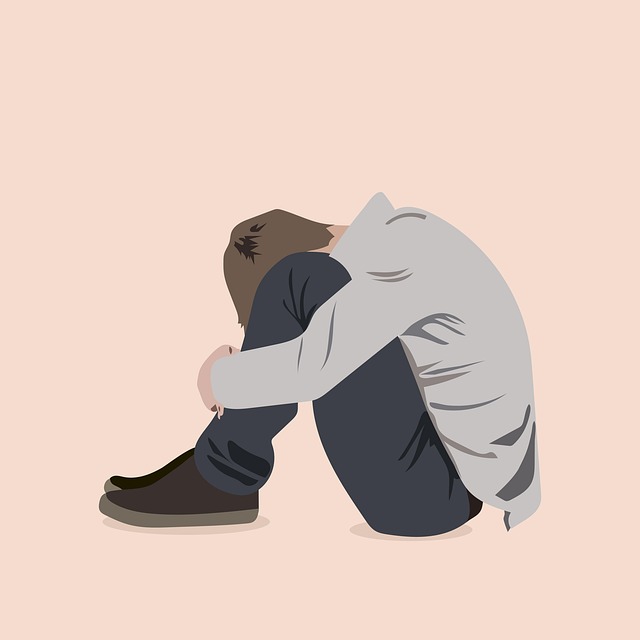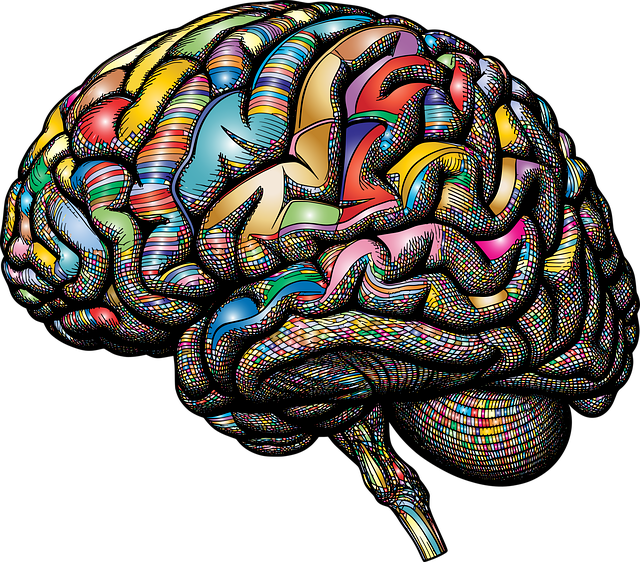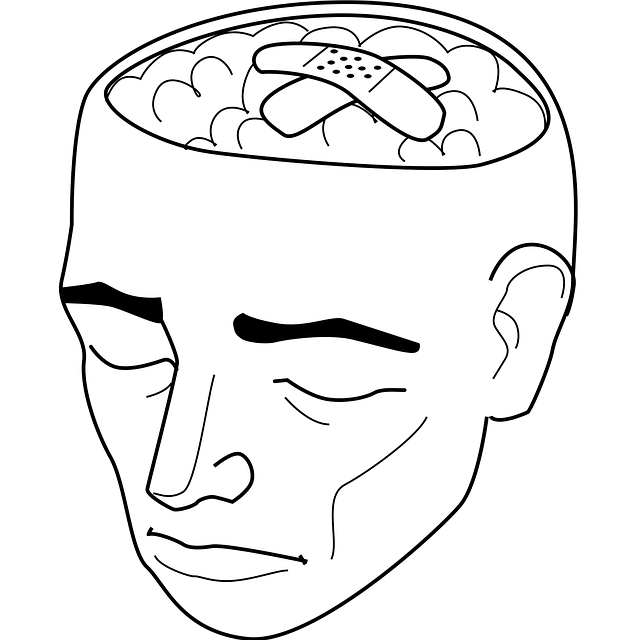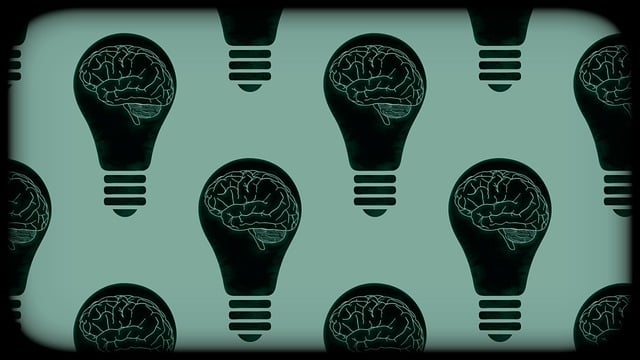In an aging population, accurate mental health diagnosis and specialized therapy for elders are essential. This guide emphasizes integrating Mind Over Matter principles, enhancing therapist knowledge, and promoting public awareness to break down barriers to care. Key areas include tailored approaches considering age-related factors, alternative therapies, self-care routines, and fostering a supportive network. Effective communication, emotional well-being promotion, and evidence-based practices significantly improve elder mental health outcomes. Regular evaluation, dynamic therapy processes, and ongoing professional development for therapists ensure accessible and tailored treatment for all ages.
Mental illness diagnosis and treatment navigation can be complex, especially for elderly individuals. This comprehensive guide delves into essential aspects of understanding mental health in aging, focusing on tailored therapeutic interventions and support networks. We explore the crucial roles of therapists and clinicians in planning effective care, highlighting best practices for continuous evaluation and adjustment to ensure optimal healthcare. By integrating these insights, we aim to empower both professionals and families in navigating therapy for elders, fostering better outcomes.
- Understanding Mental Health Diagnosis for Elders: A Comprehensive Guide
- The Role of Therapists and Clinicians in Effective Treatment Planning
- Therapeutic Interventions: Tailoring Care for Elderly Patients
- Building a Supportive Network: Assisting the Aging Population
- Continuous Evaluation and Adjustment: Ensuring Optimal Healthcare
Understanding Mental Health Diagnosis for Elders: A Comprehensive Guide

Mental health diagnosis for elders is a specialized field that requires a deep understanding of age-related cognitive changes and their distinction from mental illness. As our population ages, it becomes increasingly vital to ensure accurate identification and effective treatment for older adults experiencing psychological distress. This comprehensive guide aims to demystify the process, offering insights into the unique challenges faced by therapists and clinicians when navigating therapy for elders.
By integrating Mind Over Matter principles, professionals can enhance their approach to stress management in this demographic. Public awareness campaigns development plays a crucial role in educating both the public and healthcare providers about mental health in older adults. Through these efforts, barriers to treatment can be broken down, ensuring that therapy for elders becomes more accessible and tailored to their specific needs.
The Role of Therapists and Clinicians in Effective Treatment Planning

Therapists and clinicians play a pivotal role in effective treatment planning for mental health conditions, especially among elders. They serve as guiding stars, navigating individuals through complex paths to recovery. Through thorough assessments, therapists gain insights into each client’s unique needs, preferences, and challenges. This personalized approach ensures that the treatment plan aligns with the individual’s goals and cultural context.
These professionals facilitate a supportive environment, fostering open dialogue about symptoms, fears, and hopes. They offer evidence-based interventions tailored to specific disorders, such as cognitive behavioral therapy for depression or dialectical behavior therapy for borderline personality disorder. Moreover, therapists provide crisis intervention guidance, helping clients manage acute episodes and promoting coping strategies. By prioritizing self-care practices and burnout prevention within their own lives, therapists can maintain the resilience needed to support others effectively.
Therapeutic Interventions: Tailoring Care for Elderly Patients

For elderly patients navigating mental illness, therapeutic interventions play a pivotal role in their recovery journey. Therapists and clinicians must tailor care to suit this demographic, considering age-related factors such as cognitive abilities, physical health, and social connections. Many older adults prefer low-stimulus environments and may benefit from alternative therapy forms, like art or music therapy, which can enhance mental wellness.
Integrating self-care routine development and journaling exercises into treatment plans has proven effective. These activities encourage patients to reflect on their emotions, promote mindfulness, and foster a sense of agency over their mental health. Additionally, mental wellness coaching programs designed specifically for seniors can provide ongoing support, guidance, and encouragement, contributing to better overall mental health outcomes.
Building a Supportive Network: Assisting the Aging Population

As individuals age, their mental health needs may change and become more complex. Building a supportive network for the elderly population is essential in navigating mental illness diagnosis and treatment. This includes fostering connections with family members, community resources, and specialized therapists who understand the unique challenges faced by seniors. Effective communication strategies and emotional well-being promotion techniques tailored to older adults can significantly enhance their overall mental health.
Therapy for elders should incorporate evidence-based practices and consider cultural sensitivities. Mental health education programs designed specifically for this demographic can empower them to recognize signs of distress and seek help proactively. By providing therapists-clinicians with the right tools, training in geriatric psychology, and access to resources, we can ensure that treatment is accessible and effective for our aging population.
Continuous Evaluation and Adjustment: Ensuring Optimal Healthcare

Mental illness diagnosis is just the first step; continuous evaluation and adjustment are crucial for ensuring optimal healthcare. As individuals navigate their treatment journey, regular check-ins with therapists and clinicians allow for a dynamic process where strategies can be adapted to meet evolving needs. This proactive approach ensures that the therapy for elders—and indeed, all age groups—remains effective, addressing any shifts in symptoms or life circumstances.
The role of public awareness campaigns cannot be overstated; they foster emotional regulation and mental wellness by destigmatizing mental health discussions. Development in this area enables open conversations, encouraging those facing challenges to seek help without hesitation. For therapists and clinicians, staying informed through ongoing professional development is essential to deliver the best care possible, adapting techniques and practices as new research emerges.
Mental illness diagnosis and treatment for elders is a complex yet rewarding process, requiring a multifaceted approach. By understanding specific needs of this demographic, therapists and clinicians can provide effective therapy for elders, tailoring interventions to individual care plans. Building supportive networks and continuously evaluating progress ensures optimal healthcare outcomes, fostering a more inclusive and caring society for our aging population. Both therapy for elders and therapy for therapists-clinicians play vital roles in navigating this journey, ultimately enhancing the quality of life for those facing mental health challenges as they age.








